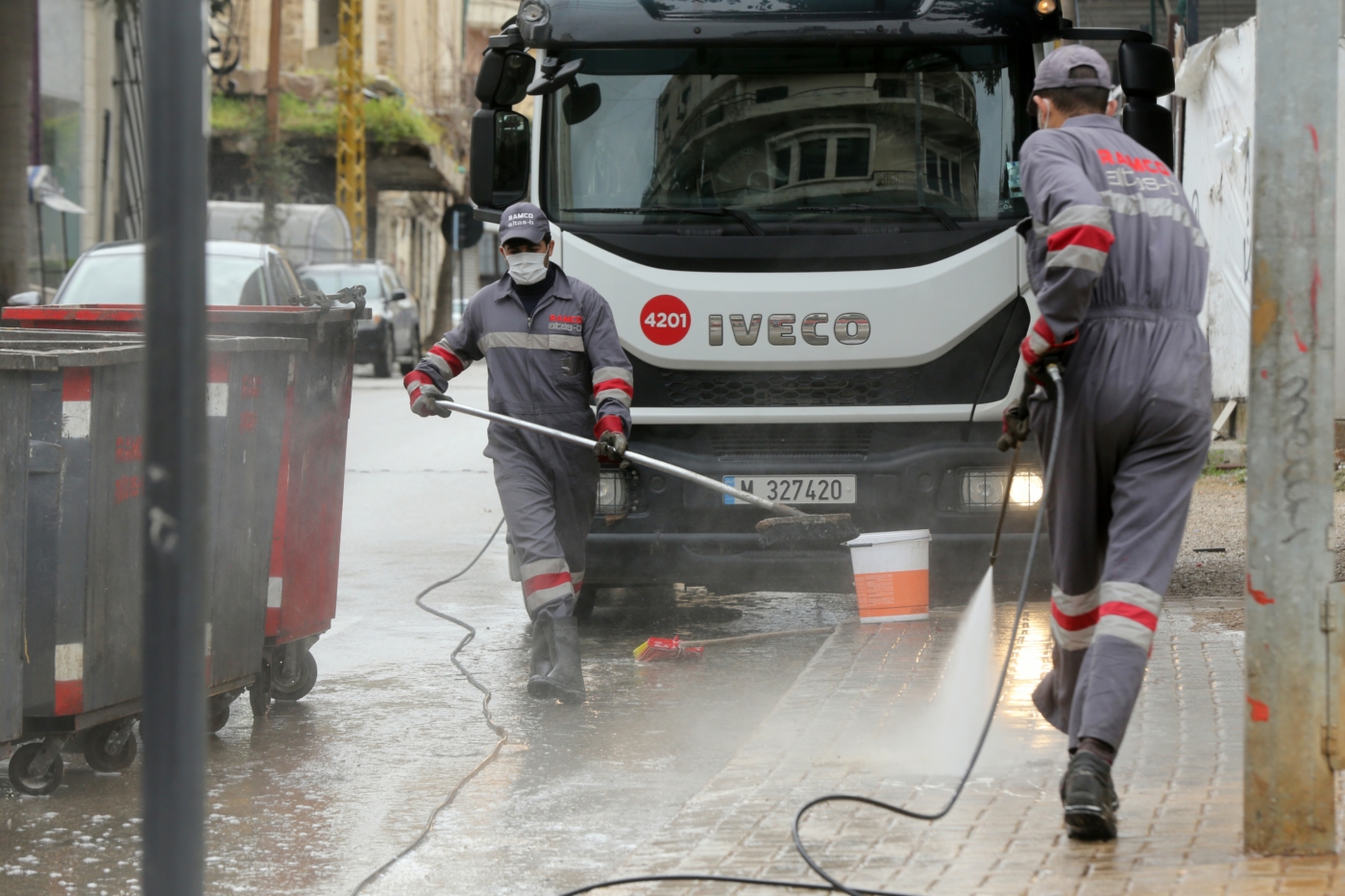
by middleeasteye.net — Christopher Phillips — The political futures of both Syrian President Bashar al-Assad and Turkish President Recep Tayyip Erdogan have recently been the subject of speculation. For Assad, a dispute with his wealthy cousin amid grumblings from his ally, Russia, has prompted some to wonder whether his bloody reign may soon end. For Erdogan, the fallout from the Covid-19 crisis and associated economic uncertainty has led to murmurs about his potential departure. Yet, such speculation rarely outlines how these neighbouring strongmen would actually be toppled. Both rule over regimes, whether inherited (in Assad’s case) or created (in Erdogan’s), that make it difficult for rivals – from either within the ruling establishment or without – to overthrow them.
‘Coup-proofing’ the state: As is the case in many autocratic states, Assad and Erdogan have tried to “coup-proof” their regimes to ensure they can withstand far more dramatic setbacks than either currently faces. Coup-proofing is, according to author James Quinlivan, “the set of actions a regime takes to prevent a military coup”. This is more common in states such as Turkey and Syria, where there is a history of military intervention in politics. The methods vary from state to state, but Quinlivan notes similarities in the coup-proofing of Saudi Arabia, Syria and Saddam Hussein’s Iraq. Standout methods include packing key security positions with those tied to the ruler by family, ethnicity or religion; building up armed forces parallel to the regular military; and developing multiple overlapping internal security agencies monitoring the military and one another to prevent coups.
Assad inherited a regime that his father had coup-proofed par excellence. The extent of successful coup-proofing was seen when he avoided any serious attempt by establishment insiders to topple him, despite losing more than half of the country at one point during the recent civil war. Though thousands of soldiers defected and joined the opposition, those in key security positions, mostly from his own Alawi sect and family, stayed loyal. Similarly, the key security divisions fighting rebels in the early stages of the conflict were the “parallel structures”: the Republican Guard and the 4th Armoured Division, armed with the best equipment to defend the regime. Though it is unknown whether there were attempts at coups – there were several rumours – their absence suggests the myriad security agencies Syria had on the eve of the war proved effective.



![Lebanon is in throes of an economic meltdown that has crushed businesses, thrown tens of thousands of people out of work and led its currency to dramatically depreciate [File: Bloomberg]](https://www.aljazeera.com/mritems/imagecache/mbdxxlarge/mritems/Images/2020/5/21/42d6511bb558452892192529cf8d03b7_18.jpg)



![Until recently, the telecom tycoon had been seen as a pillar of the Syrian government since al-Assad rose to power in 2000 [File: Louai Beshara/AFP]](https://www.aljazeera.com/mritems/imagecache/mbdxxlarge/mritems/Images/2020/5/19/a56d67eeab0a483c96f3c7adede21e9a_18.jpg)





